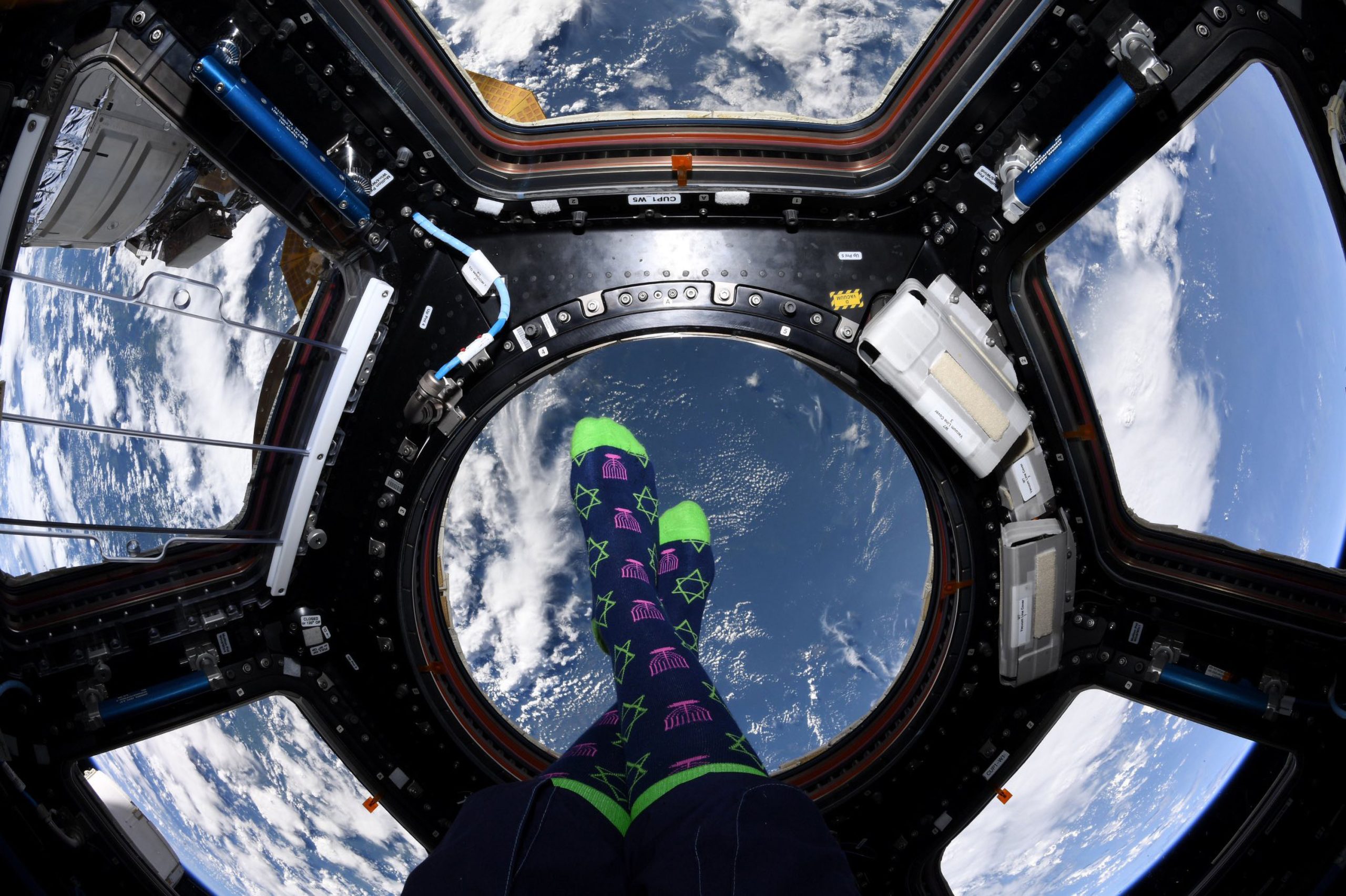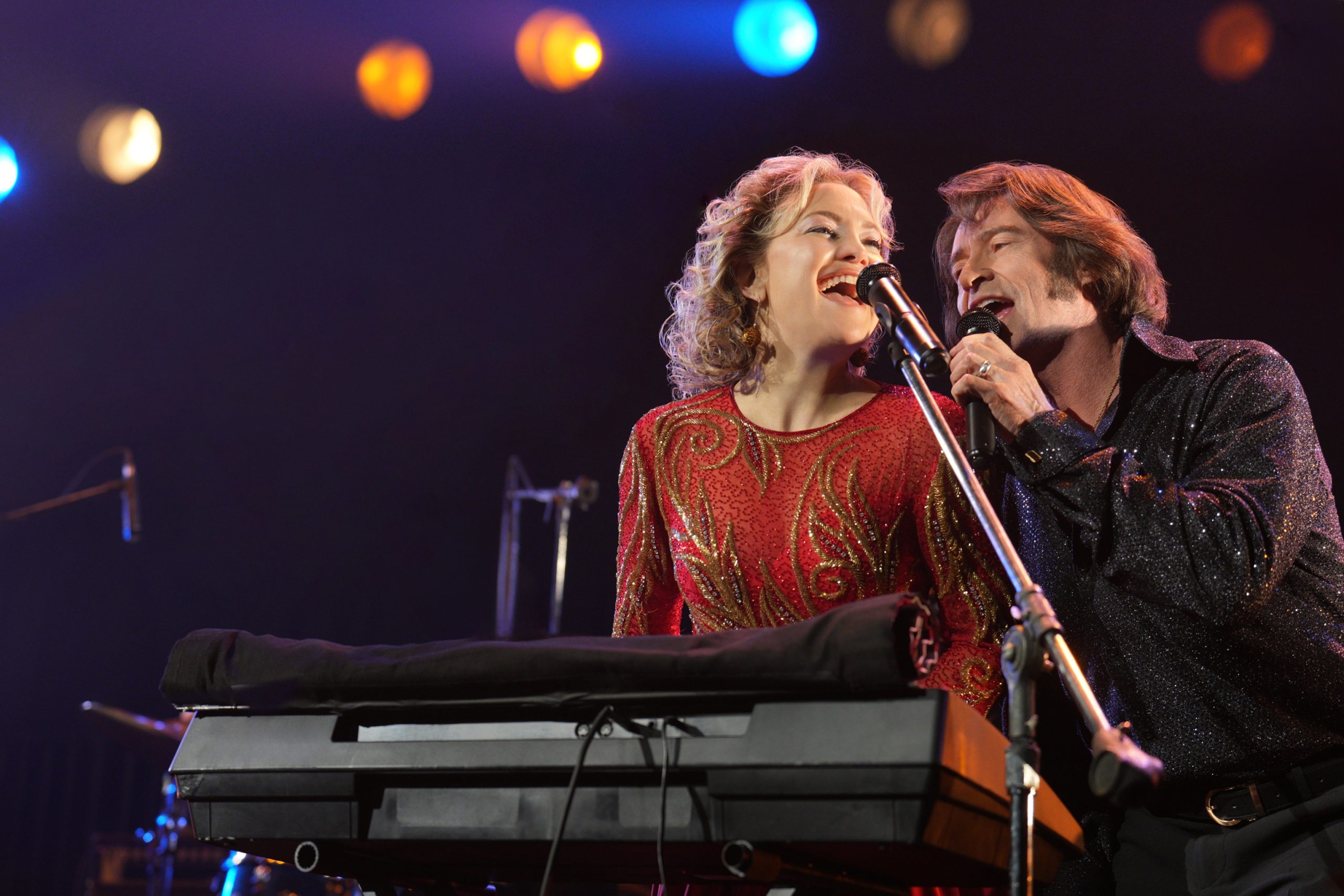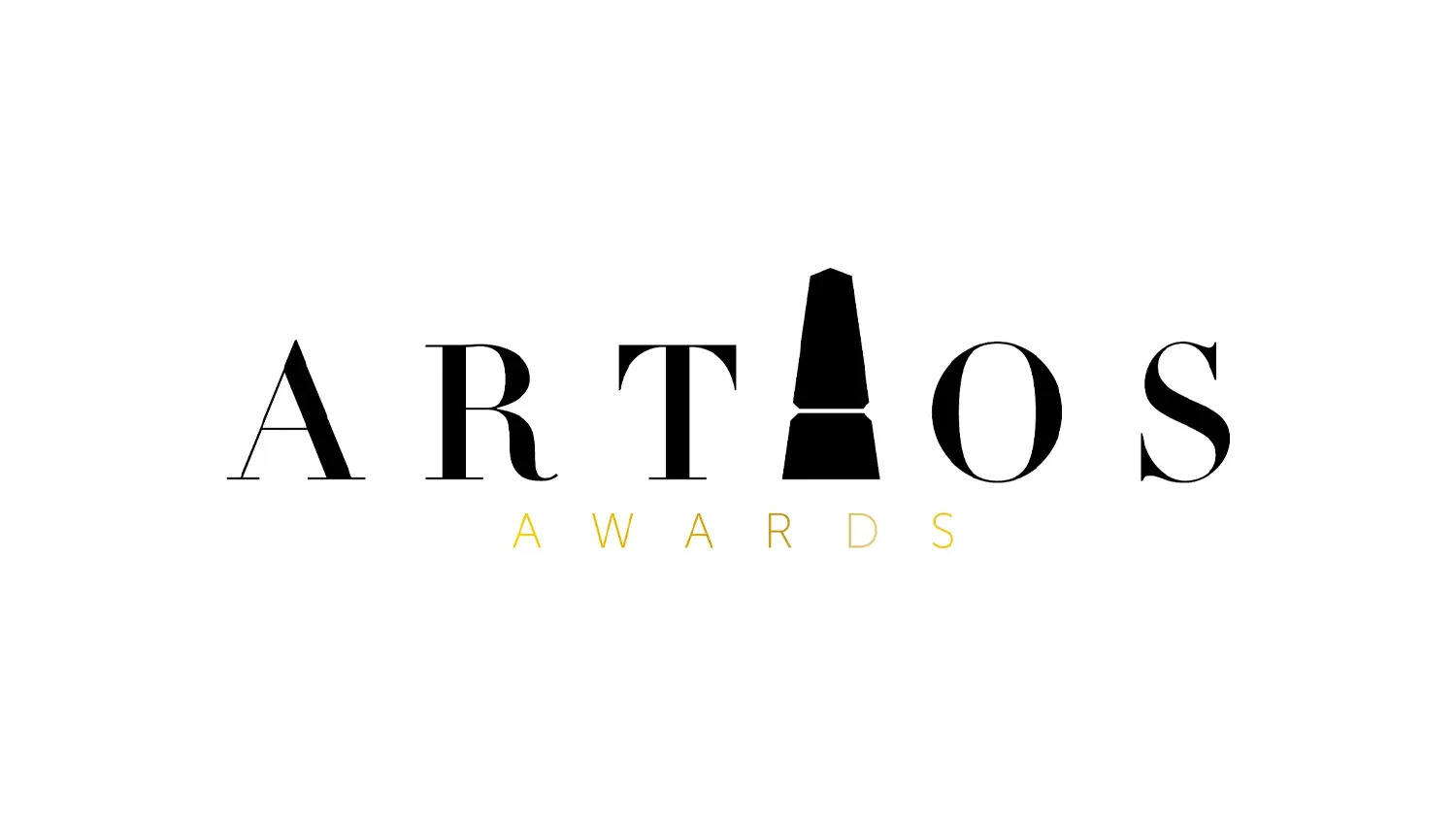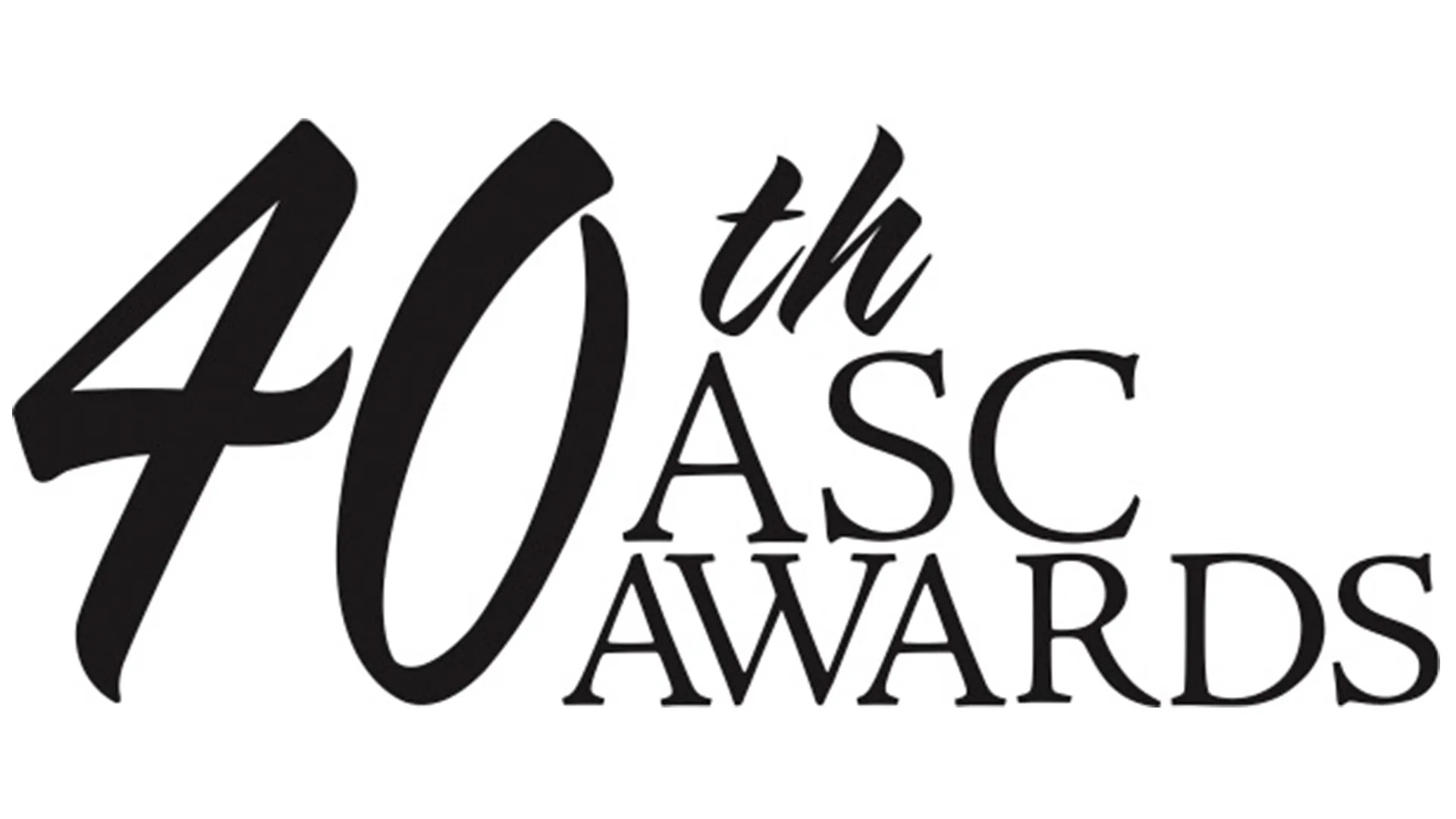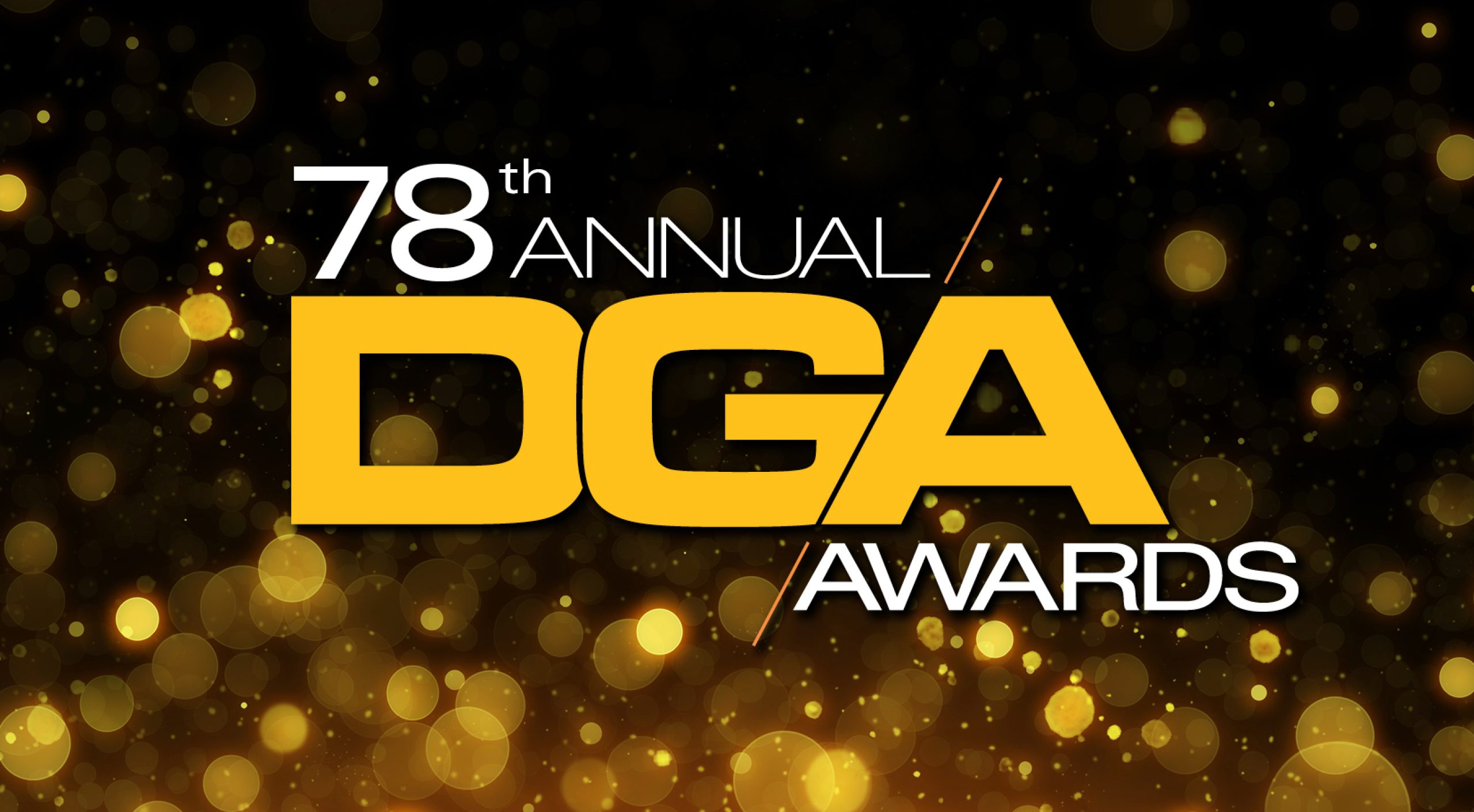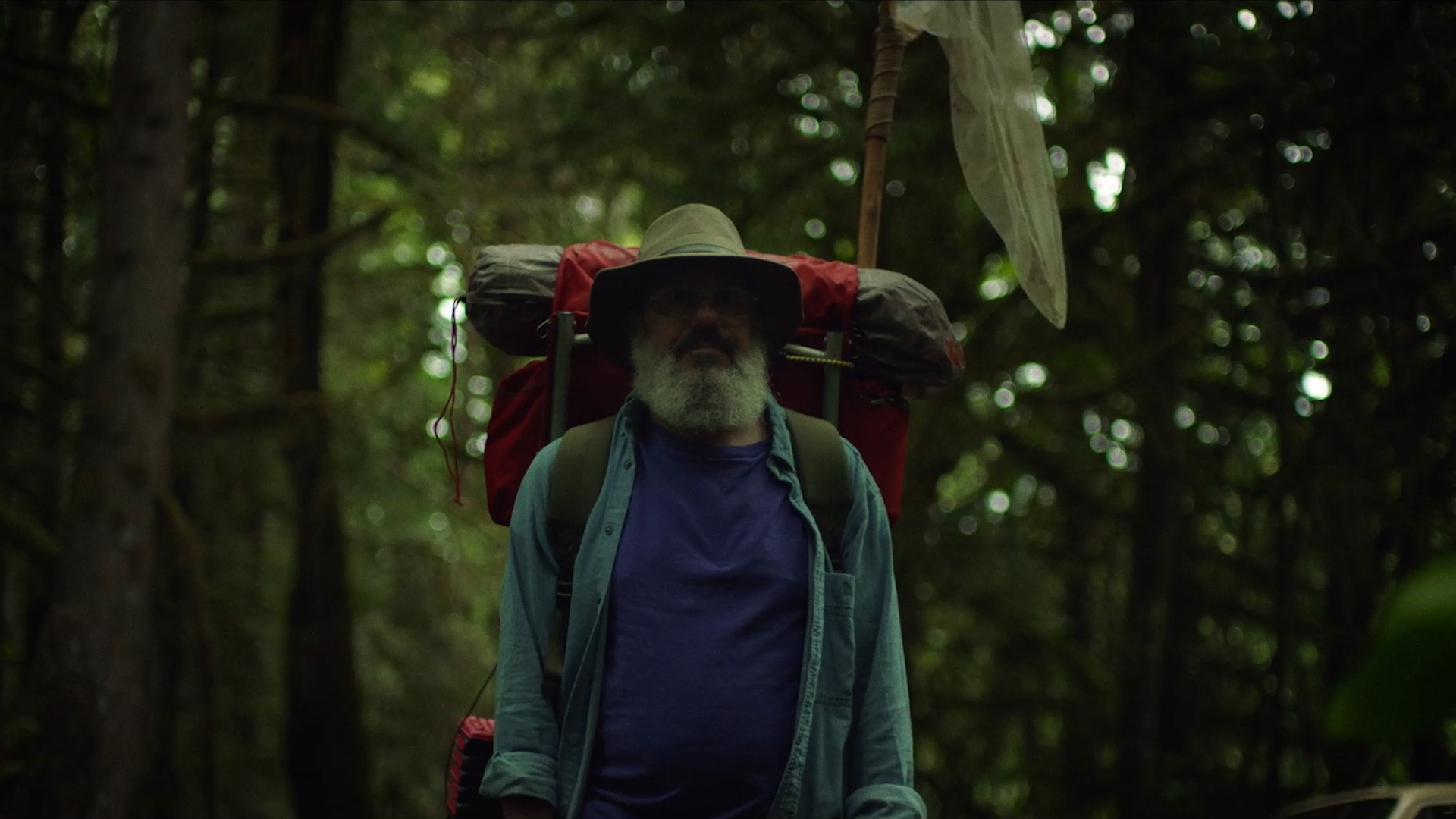
Writer-director Tom Putnam and actor David Cross spoke with Solzy at the Movies about The Dark Divide, which is now available on streaming.
In addition to David Cross, the film also stars Debra Messing, David Koechner, Cameron Esposito, Gary Farmer, and PaIerson Hood.

Tom, how did you first learn about Robert Michael Pyle’s book and what led you to adapt it into a film?
Tom Putnam: A friend gave me the book about 11 years ago and I just fell in love with it. It takes place in the Gifford Pinchot National Forest—just the true story that it’s about. It’s a nonfiction book—all happened there in the early 90s. That’s the place I grew up near and spent my weekends camping, fishing and hiking. It took me back to a place that was really special to me. I just wanted to rediscover it for myself and share it with as big an audience as possible.
You come from the world of documentaries. Did you ever consider making this film as a documentary?
Tom Putnam: Bob, the book’s author, keeps saying that I did. I swear I didn’t. Not really. I do come from the world of documentaries but this story just felt like an amazing fiction film, like a journey that I would want to go on with somebody.
David, what was it about the script that attracted you to the role?
David Cross: It’s a really compelling story. It’s a story with a complicated character that evolves throughout the story. It was a challenge that I hadn’t been offered that kind of opportunity before. I liked the script and the story. I met with Tom and he was very amenable and collaborative and so I jumped on.
What do you typically look for in a character while reading a screenplay?
David Cross: I don’t go into it looking for anything other than do I have a handle on it? Do I think can I do this well? Can I put my own take on it? Sometimes I can’t, and sometimes, I will turn an opportunity down because I don’t think I’m right for it. I don’t think I’d be good at it. And then sometimes, I’ve not gotten roles that I was close to getting and then I go see the show or the film. I watch the other person like, Oh, yeah, he did it better. Yeah, that’s the way it should be done. Okay, I get it now. And then, sometimes, you find something you like, Oh my G-d, I was born to do this.
How did you prepare yourself for this film in particular?
David Cross: Well, I started by reading a bunch of Robert’s work and then stopped because I didn’t want it to interfere with where I was going with it and how I wanted to approach this because there’s not a lot of dialogue. A lot of it is just me in the woods, talking to myself or trying not to die. I didn’t want to get into Robert’s head too much. I was trying to do that thing while also trying to be true to myself. I hung out with Robert a couple times. I got to know him and he taught me some things about butterfly capturing and appreciation. I let my beard grow to an absurd length and that was that was pretty much my prep. Nothing could have prepared me though for how grueling and difficult it was going to be.
Tom, can you talk about the challenges that come with doing post-production during a pandemic?
Tom Putnam: It was no fun. I do remember the last day we were mixing the film. I had to sneak around a couple of—they were starting to put up roadblocks to stop people from driving. We were almost done when March hit but the biggest challenge was the butterflies. We shot the movie not knowing exactly how we were going to incorporate the butterflies and knowing a lot of lepidopterists would see it and we wanted it to feel authentic and accurate. That was actually the biggest post-production challenge—just figuring out how to incorporate the right butterflies and real butterflies in a realistic way for scenes that had already been shot.
Were there any fears that the film would go under the radar with being released during a pandemic?
Tom Putnam: Yeah, totally. For us, it was really interesting because it ended up being really oddly good timing for us in that everybody had been, at the time, cooped up in their houses for months. Still, most people are. I am. Who doesn’t want to break away for 90 minutes and hike through one of America’s greatest undeveloped wildernesses with David, and go on this exploration of forgiveness?
David Cross: That’s one of the key attractions of this. You’re in a beautiful, lush environment. It’s really well filmed and visually, it’s a very stunning movie. We’re in the real parts of the dark divide. We’re in there and we’re at the base of those mountains. That’s real June snow that we’re hiking through, the real lava tubes. and all that stuff. It’s just a beautiful, beautiful visual. It’s not quite Planet Earth level but it’s a notch below that.
I was so sorry to hear about Jessica Walter. What are you going to miss the most about her?
David Cross: Well, just her ability. I mean, at this point, probably more episodes of Archer, but she was really, really, really so sharp comedically–her choices, her delivery. As a comic actress, which she didn’t start out as, she’s one of the best. She was really smart.
What do you hope people take away from watching The Dark Divide?
Tom Putnam: I think, number one, it’s a great way to get out of your head and remind yourself about the importance of nature in our lives but also the healing power of nature. When you saw the film, David’s character, just like Bob Pyle in real life, is dealing with some of the hardest stuff anybody will ever encounter in their life. Just being able to do something as simple—I live in LA and just going to walk the dog gives me a little bit of what I felt like Bob got and that we created in the film. Just getting outside, getting in nature, giving yourself time to be with yourself and remind yourself of where you are in the world, I think, has an incredible healing property, spiritually.

